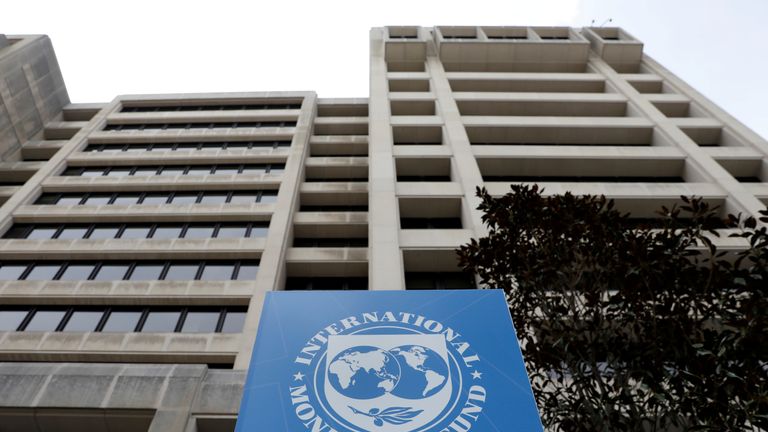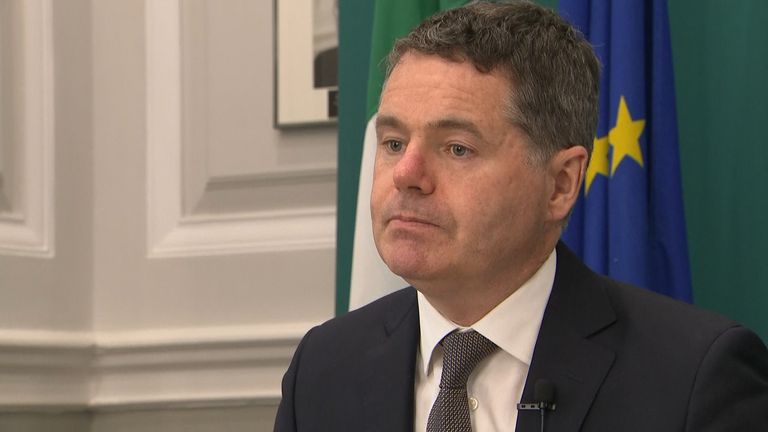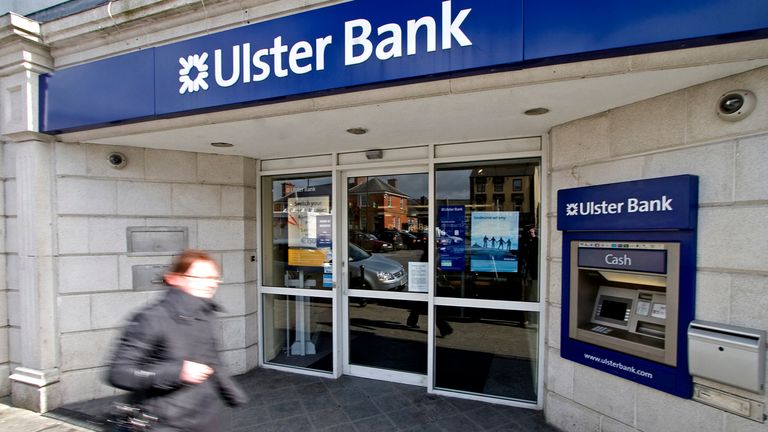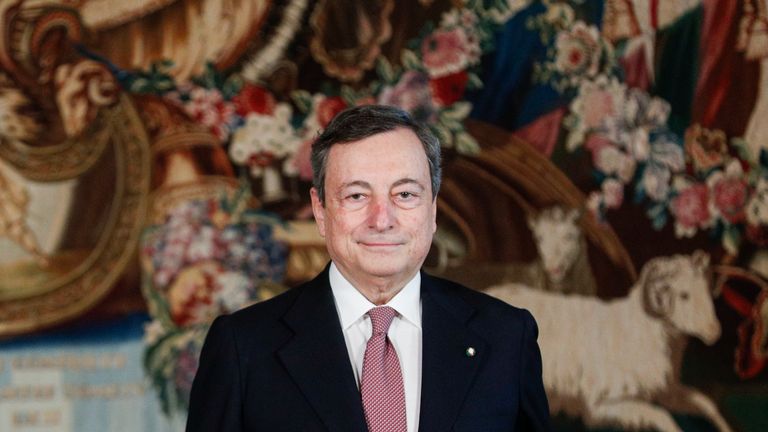Bank of Ireland nears return to private hands after financial crash bailout
Few countries were as badly scarred by the global financial crisis as Ireland.
The economy previously described as a ‘Celtic Tiger’ was rendered a neutered tabby almost overnight as a colossal decade-long bubble in property burst.
Dublin was forced to seek a €67.5bn bailout – equivalent to two-fifths of Irish GDP – from the International Monetary Fund, the European Central Bank and the European Commission.
That was also just north of the sum, €64bn, that the Irish government was forced to pump into six institutions – Allied Irish Banks (AIB), Anglo Irish Bank, Bank of Ireland, EBS, Irish Life & Permanent and Irish Nationwide Building Society – between 2009 and 2011 to stop them capsizing.
The Irish government emerged from this owning most of the country’s banking system.
Like the UK government, which acquired a 43% stake in Lloyds Banking Group and 84% of Royal Bank of Scotland after the crisis, it has been a long process unwinding those shareholdings and is far from complete.
Today, though, Dublin came a step closer as it announced plans to begin what it called a “phased exit” from Bank of Ireland – which was the only lender among the six to avoid majority state ownership after the crisis.
Paschal Donohoe, Ireland’s Minister for Finance, said part of the government’s remaining 13.9% stake in Bank of Ireland, worth approximately €700m, would be sold during the next six months.
He added: “When all cashflows are taken into account, the taxpayer has already recorded a surplus on its investment in and support for the bank, even before the sales of these shares are accounted for.”
He said the state would sell down its shares in “a low cost carefully controlled manner while avoiding the need to try to time our disposals with market conditions”.
The sale is the first such move by the Irish government since, in 2017, it floated AIB on the stock market in what was Europe’s biggest initial public offering that year. The flotation saw Dublin’s stake in AIB fall from 99% to 71%.
While the UK has completely returned Lloyds Banking Group to the private sector and reduced its stake in RBS – since renamed NatWest – to 54.8%, Dublin is some way behind.
The stricken Anglo Irish Bank was fully taken into state ownership in January 2009 and Irish Nationwide Building Society followed in August 2010.
The rump of the former was merged with the latter in July 2011 and the combined entity rechristened Irish Bank Resolution Corporation. This was put into liquidation two years later but that process is not yet completed.
In the meantime, according to the Irish Times, interest payments on the former IBRC’s debts continues to cost Irish taxpayers €800m. David Drumm, the former chief executive of Anglo Irish and one of the few bankers anywhere in the world to be jailed after the financial crisis, was released from prison in February this year after serving just under half of a six year sentence he received in 2018 for false accounting and conspiracy to defraud.
EBS, one of the last two Irish buildings societies to remain owned by its members, was also effectively nationalised when, in July 2011, it was acquired by the then state-owned AIB. Irish Life & Permanent, meanwhile, was more or less fully nationalised in 2011. Parts of it were subsequently sold off but the remainder returned to the stock market under a new name, Permanent TSB, in 2015. It remains 74.9% owned by the Irish government. That business also owns remnants of the old Irish Nationwide Building Society which was acquired by Irish Life & Permanent in February 2011.
While the Irish government continues to retain stakes in each of Bank of Ireland, AIB and Permanent TSB, the after-effects of the financial crisis still linger in the Irish financial services industry.
All of the big foreign players have exited the banking market and the last of these, NatWest, announced in February this year that it would be pulling out of Ireland. It has put its Ulster Bank subsidiary – a major lender on both sides of the Irish border – up for sale. Its withdrawal from the Irish Republic will effectively leave the banking market in Ireland dominated by three players, one of which – AIB – is in talks to buy part of Ulster Bank’s loan book.
This lack of competition remains a cause of concern both to bank customers and to the Irish government itself. It would love to see a foreign buyer come in for Ulster Bank’s assets in the Republic but there has been little sign of that. There has also been talk of trying to build Permanent TSB into more of a competitor to the other two but that remains unlikely given that, while it offers other services including business banking, it is primarily a mortgage lender.
Not for nothing did Mario Draghi, the then president of the European Central Bank and now Italian Prime Minister, tell Irish politicians in November 2018 that the Irish banking system was a “quasi-monopoly” with the upshot that Irish mortgage rates were higher than in most other Eurozone countries.
Meanwhile, just as the banks were restoring themselves to health, COVID-19 struck. Bank of Ireland, AIB and Permanent TSB all reported losses for 2020 and together made provisions totalling a combined €2.7bn to cover loans they do not expect to be repaid as a result of the pandemic.
While all three have said they expect to return to profits in 2021, it will be a slog, not least because – as a member of the Eurozone – Ireland has negative interest rates, something that crushes profitability for banks.
AIB announced last month that it would be charging negative interest rates on savings where a personal or business customer had savings of more than €1bn, with only charities exempted. At the same time, with fintech firms nibbling away at their more profitable customers, the banks are still engaged in a never-ending attempt to drive down costs.
Bank of Ireland is in the process of closing more than 100 branches on both sides of the Irish border while AIB announced last December it planned to cut 1,500 jobs by 2023.
So, while it is undoubtedly good news that the Irish government is selling its stake in Bank of Ireland, times remain very tough in the Irish banking sector. The financial crisis continues to cast a very long shadow.



